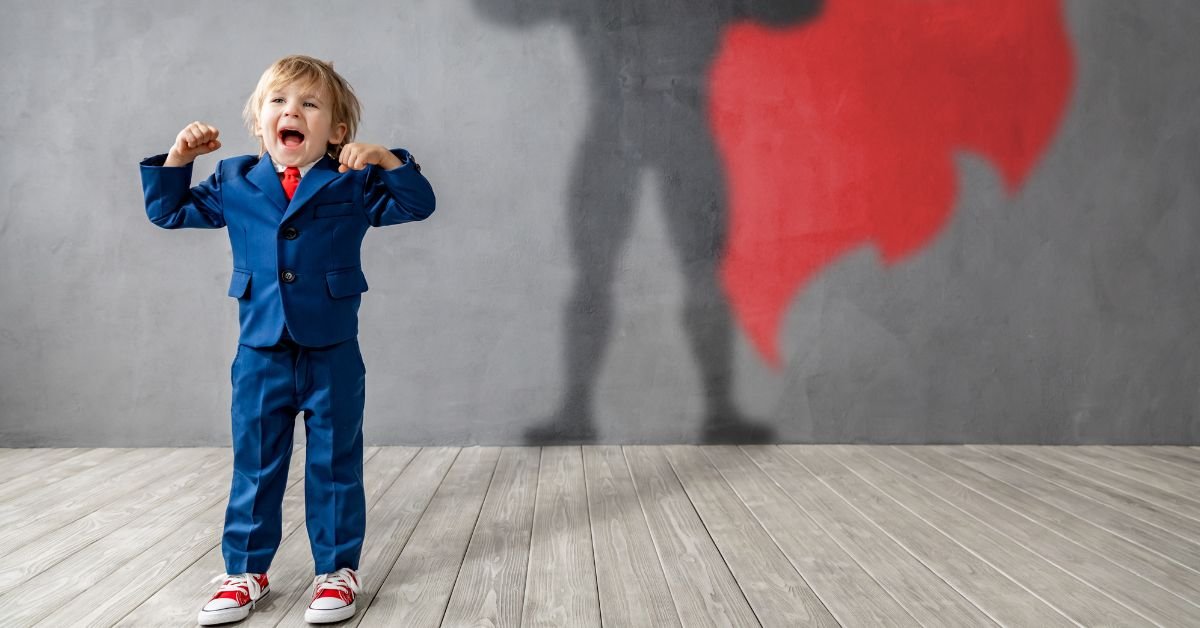Table Of Contents
If you have been scrolling through TikTok or chatting with friends, you might have encountered the terms “ski bidi” and “ski bidi toilet.”
These phrases have exploded in popularity, especially among Gen Alpha, but what do they mean?
Join us as we unravel the whimsical world of “skibidi” and the viral sensation of “skibidi toilet,” complete with its unique humor and absurdity.
What Does “Skibidi” Mean?
“Skibidi” is a humorous, nonsense slang term that has taken on a life of its own.
It can refer to something good, silly, or even absurd with no set definition.
It is like the chameleon of slang, adapting its meaning based on context.
Usage Examples:
- “Oh no, you have got that skibidi rizz.”
- “What the sigma? This is so fanum tax skibidi toilet Ohio rizzler.”
In essence, “skibidi” is often used as an adjective, giving it versatility in describing everything from fun situations to wacky events.
It is frequently paired with slang terms, so let us dive into those!
The Rise Of “Skibidi Toilet”
At the heart of the “skibidi” phenomenon lies the animated series “skibidi toilet,” created by the YouTube channel DaFuq!?
Boom!
This series features a hilarious war between human-head toilets and human-like characters sporting cameras and speakers for heads.
The first episode, released on February 7, 2023, features these quirky toilets lip-syncing to catchy tunes like “Give It To Me” by Timbaland and “Dom Dom Yes Yes” by Biser King.
The absurdity of the plot, combined with engaging animation reminiscent of popular video games, has garnered millions of views, making it a sensation among Generation Alpha.
Why Is “Skibidi Toilet” So Popular?
The series’ appeal lies in its bizarre storyline and ability to blend humor with a touch of absurdist charm.
It cleverly references popular culture and gaming elements, drawing in a broad audience.
Origins Of “Skibidi”
The term “skibidi” can be traced back to Biser King’s catchy song “Dom Dom Yes Yes,” which features a chorus that sounds like “Brr skibidi dop dop dop.”
TikTok user YasinCengiz helped propel this term into the spotlight with viral dance videos set to the song, creating a ripple effect across social media platforms.
A Look At The Cultural Impact
“Skibidi” is a passing trend and a cultural phenomenon reflecting how language and humor evolve, especially among younger generations.
Is “Skibidi Toilet” Appropriate For Kids?
While “skibidi toilet” might seem innocuous, it is essential to approach it with caution.
The series involves themes of war and violence and is set in a dystopian environment, which could be unsettling for younger children.
Parental Guidance: Parents should watch the series first to determine its suitability for their children. YouTube Kids does not feature “skibidi toilet,” indicating that the content may not be appropriate for all audiences.
What Is “Skibidi Toilet Syndrome”?
“Skibidi toilet syndrome” is a term that has emerged from the community, referring to concerns that the series might negatively affect children.
Some parents have reported that their children become frightened of toilets after viewing the show.
While no substantial evidence supports these claims, parents should monitor what their children watch and consider using parental controls on their YouTube accounts.
Related Slang Terms To Know
“Skibidi” often appears alongside other slang terms popular among Gen Z and Gen Alpha.
Here are a few key terms to familiarize yourself with:
- Rizz: Short for charisma, often used to describe someone charming or good at flirting.
- Gyat: A slang expression similar to “goddamn,” usually in response to seeing someone attractive.
- Ohio: Refers to something weird or cringy, often used in memes.
- Fanum tax: This term describes when a friend takes a small quantity of your food without asking.
- Sigma: Represents a self-reliant and confident male personality type.
- Brain rot: Refers to content so captivating yet low-value that it occupies your thoughts excessively.
Conclusion: The Whimsical World Of “Skibidi”
In summary, “skibidi” and “skibidi toilet” exemplify how playful language and absurd humor resonate with younger generations.
As trends evolve, it’s fascinating to see how they shape our conversations and cultural references.
Whether navigating the world of modern slang or introducing your kids to the quirky charm of “skibidi,” understanding these terms can help you connect better with the younger crowd.
So next time you hear “skibidi,” you’ll know you are not just hearing a silly phrase but tapping into a broader cultural phenomenon!






